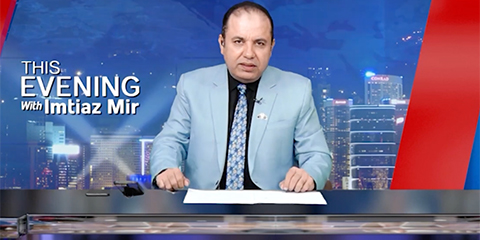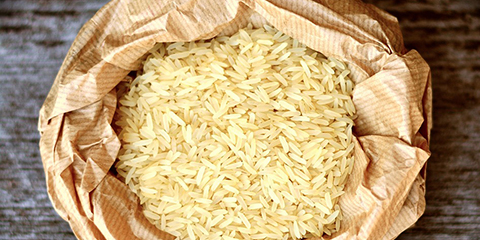
PFUJ recalls November 3, 2007 emergency as Pakistan’s darkest day
November 03, 2025: PFUJ recalls November 3, 2007, as Pakistan’s darkest day under Musharraf, urging protection for journalists and the abolition of laws threatening press freedom.
JournalismPakistan.com | Published 8 years ago
Join our WhatsApp channel
ISLAMABAD – Pakistan Electronic Media Regulatory Authority’s Council of Complaints, Sindh has recommended a ban on Dr. Shahid Masood’s program for 30 days and a fine of Rs1million on BOL News for making baseless allegations against the Army and the finance and defense ministers.
Finance Minister Ishaq Dar had complained to PEMRA about the program 'Live with Dr. Shahid Masood' aired on January 24 in which “libelous and defamatory statements were made to damage the Finance Minister’s personality and character”.
Separately the minister served a Rs1 billion legal notice on BOL News and Dr. Masood. A statement from his ministry said he made “a completely false statement hinting to an alleged meeting between Finance Minister, Defense Minister and Rawalpindi (“GHQ”), whereas, no such meeting had taken place at all.”
The Council said BOL was given two opportunities to defend themselves but they could not do so and failed to produce any evidence.
“The content aired thereof was deemed as a willful attempt to misinform the viewers through fabricated stories,” the Council said.
It said that official PEMRA records confirm that Dr. Masood is a willful and repeat violator of the Code of Conduct and has been trying to create sensationalism through his irresponsible, untrue and derogatory comments against individuals and state institutions.
Following up on the decision, the management of his new employers NewsOne TV has been conveyed the decision. The ban came into effect on February 13.

November 03, 2025: PFUJ recalls November 3, 2007, as Pakistan’s darkest day under Musharraf, urging protection for journalists and the abolition of laws threatening press freedom.

November 02, 2025: PFUJ urges Pakistan’s federal and provincial governments to end Impunity for Crimes Against Journalists and ensure their safety and press freedom.

November 02, 2025: Impunity for crimes against journalists deepens worldwide as Pakistan reports a 60 percent surge in attacks and weak enforcement of safety laws.

November 01, 2025: Pakistan Press Foundation reports 137 attacks on journalists in 2025, highlighting rising threats, legal harassment, and censorship on the International Day to End Impunity.

November 01, 2025: A viral Samaa TV clip featuring MNA Sher Afzal Marwat’s crude remarks and Talat Hussain’s laughter raises questions about the declining ethics of Pakistani television.

October 31, 2025: Police foiled a plot to kill DawnNewsTV journalist Tahir Naseer in Rawalpindi after arresting suspects hired for Rs200,000. Naseer says threats followed his reporting.

October 31, 2025: CPJ calls on Pakistan to bring Imtiaz Mir’s killers to justice after the journalist was allegedly murdered by a banned militant group in Karachi.

October 30, 2025: The PFUJ has condemned a fabricated drug case against journalist Matiullah Jan, calling it an attempt to silence him and urging authorities to quash the charges immediately.

November 03, 2025 Global journalist unions condemn the Indonesian agriculture minister’s lawsuit against Tempo, calling it a threat to press freedom and demanding that the case be withdrawn.

November 02, 2025 Independent outlet All About Macau to halt print and online operations amid rising pressure, financial strain, and legal threats, sparking press freedom concerns in the city.

November 01, 2025 Belarus court jails journalist Siarhei Chabotska for extremism and defaming the president, highlighting Minsk’s ongoing crackdown on press freedom.

November 01, 2025 Mexican journalist Miguel Angel Beltran was found murdered in Durango. CPJ urges authorities to ensure justice amid rising violence against journalists in Mexico.

November 01, 2025 UNESCO survey finds one-third of media lawyers cannot effectively defend journalists due to threats, limited resources, and lack of specialization.